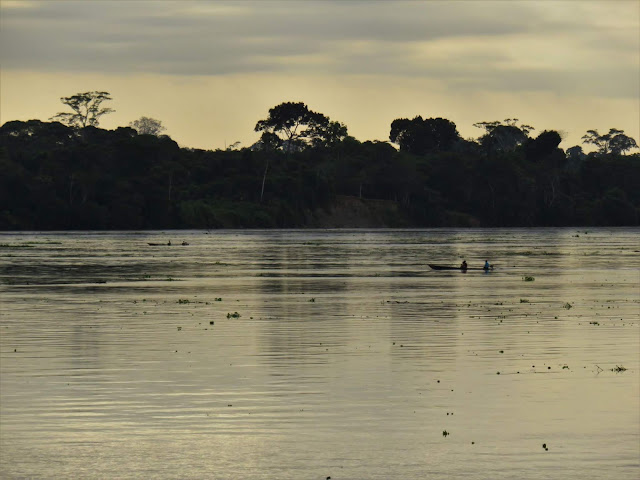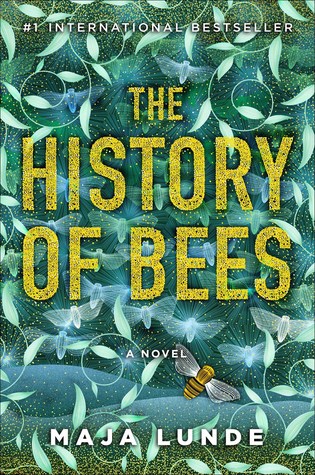The Amazon Rainforest is on fire. This exotic place may seem
half a world away, but whether you realize it or not, what happens to the Amazon
impacts you, and your actions affect it.
Making up half of the earth’s tropical forests, the Amazon
Rainforest is both the largest river basin and the most biologically diverse ecosystem
in the world. One-tenth of the known species on earth reside in the Amazon
Rainforest, and there are many besides that have yet to be recorded. Less often
talked about are the people who live there: more than 30 million individuals,
including 400 indigenous groups.
Additionally, the Amazon’s 300 billion trees store one-fifth
of all the carbon contained in the earth’s biomass, and when those trees are
cut down—or burned—that carbon is released into the atmosphere. As you likely
know, more carbon dioxide equals more global warming, which means hotter summers
(this past July was the hottest month on record), colder winters, more extreme
storms, and sea level rise. Often called the lungs of the world, the Amazon also
produces 20 percent of the oxygen in the earth’s atmosphere.
What’s Happening
Nearly two-thirds of the Amazon Rainforest is within Brazil’s
borders, and 72,843 fires have been reported in that area so far this year—a
record number. Unfortunately, Brazilian president Jair Bolsonaro has done
nothing in response and has actually blamed NGOs for starting the fires. The
real cause is intentional deforestation, according to the Amazon Environmental
Research Institute (IPAM). Tracts of forest are commonly cut and then burned
for cattle ranching, soybean farming, and other uses. From July 2018 to July
2019, deforestation more than doubled. In fact, Bolsonaro, who began his term
in January, has encouraged farmers and loggers to clear the rainforest.
Other countries in the Amazon have also seen record fires
this year, most notably Venezuela and Bolivia.
What You Can Do
Act
- Tell BlackRock, the world’s largest investment firm, to stop investing in oil, mining, and agribusiness companies destroying the Amazon. Send a message and sign a petition!
- Know your beef. About 80 percent of deforested areas of the Amazon Rainforest are cattle pasture. Reduce your beef consumption and only purchase grass-fed beef from local farms to both combat climate change and avoid supporting destruction of the Amazon. Remember that leather comes from cows, too!
- Support indigenous people of the Brazilian Amazon by signing this petition to halt the Brazilian government’s assault on social and environmental protections.
- Reduce your consumption of paper and wood products, and look for recycled items or the Rainforest Alliance seal when you do purchase them. Think furniture, building projects, writing and printer paper, notebooks, paper towels, and disposable dishes, cutlery, and napkins. (Hint: you can usually do without the last four items!)
- Tell the Brazilian government to save the Amazon Rainforest and protect indigenous lands through this petition.
Donate
- Amazon Watch works “with indigenous communities to stop the destruction and defend their rights and homes.”
- Rainforest Action Network’s Protect an Acre program distributes grants to frontline communities, indigenous-led organizations, and their allies to protect rainforests around the world.
- Rainforest Trust establishes legally designated protected areas through purchase or designation.
Educate
- Share this blog post and/or the actions listed here with family and friends through social media and other outlets.
----------
Sources:














